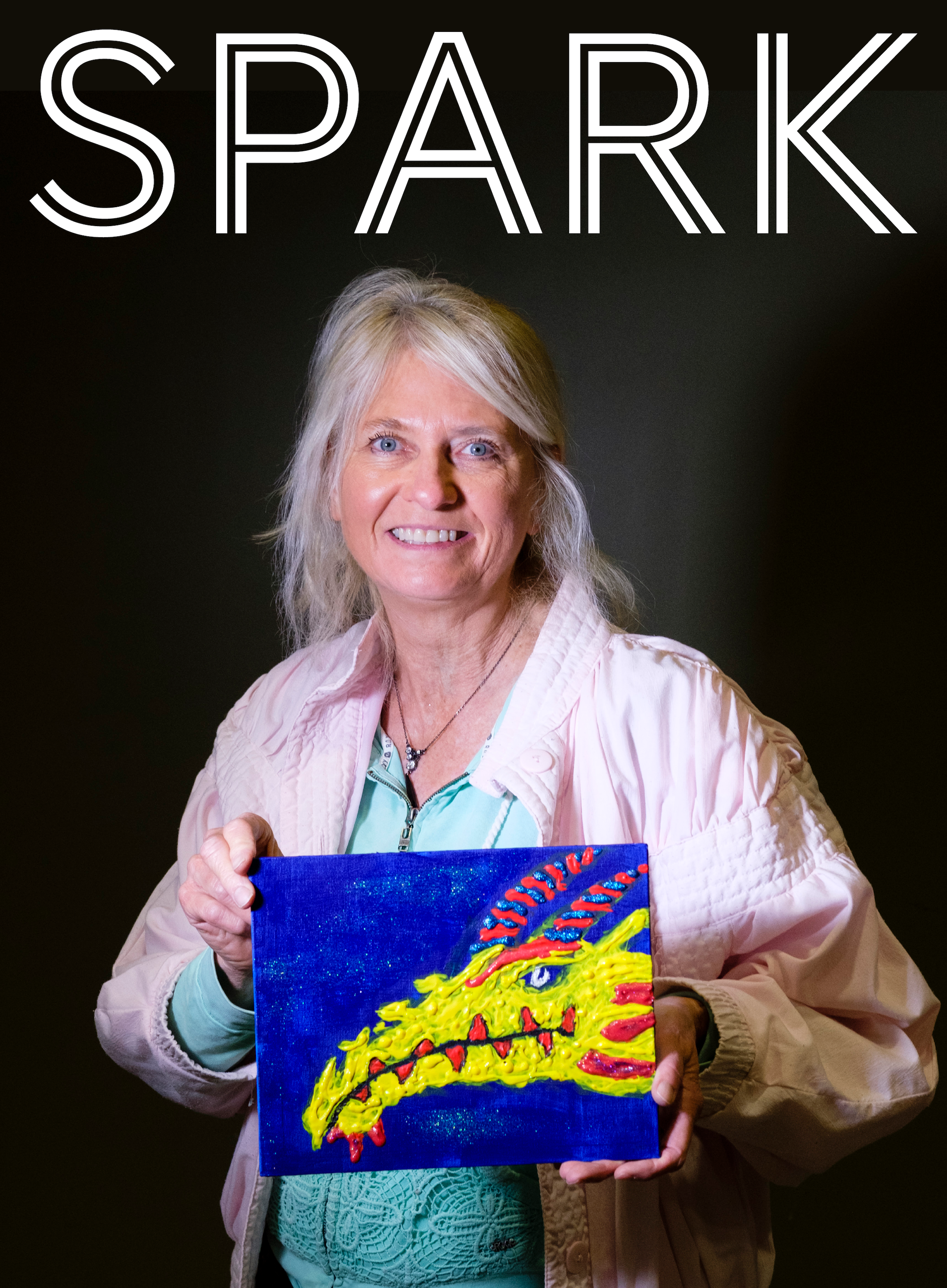The science of play

Playing: we know what it feels like and even what it looks like, but sometimes it’s difficult to find the words to describe it. To play is to have fun, to be free and express your creativity – mentally and physically – without any clear immediate objective. Humans at all ages, from babies to kids to adults, can benefit physically and psychologically from play. But why do we do it? Researchers have offered up a few theories.
Play makes us social
Jaak Panskepp, an Estonian-American neuroscientist, wanted to know if the urge to play was a learned activity or a more essential instinct like eating and sleeping. He tested his question by removing the cortex (the most recently evolved part of the brain) from rats and found that they were just as eager to play as rats with full brains, suggesting that the instinct to play is primitive. If play is primitive, Panskeep posited, then it must have been vital to an animal’s survival. The theory held by Panskepp and other scientists is that play is a major mechanism for all mammals (and many other animals) to develop social skills. The earlier the age at which you play, the sooner you learn how the social world works. Specifically, play can help teach you concepts like giving and taking, as well as limitations and complex hierarchies – all things vital to living in a social environment.
 Play and personal health
Play and personal health
One thing we all know is that play feels good. It’s hard not to smile when thinking about a genuinely fun, playful experience. According to the National Institute of Play, a non-profit dedicated to scientific research of and promotion of play in society, play can aid in your physical health and wellbeing. Because play is intrinsically rewarding, because it can increase optimism and empathy, lead to mastery of a skill and promote social belonging, it also produces the by-product of boosting the human immune system and general emotional well-being.
 Play and the working world
Play and the working world
Research shows that increasing the playfulness of a work environment can help create a more creative and adaptable workforce. Marian Diamond’s “Response of the Brain to Enrichment” concludes that playful (or “enriched”) working environments can powerfully shape the cerebral cortex, where the brain’s strongest cognitive processing takes place. As demand for creative thinking, problem-solving, collaboration and other 21st century skills increase in the workforce, companies may benefit from taking play seriously.
Sources: NPR, The National Institute of Play, Psychology Today
Send your questions or feedback to ithink@anythinklibraries.org or post in the comments below.

